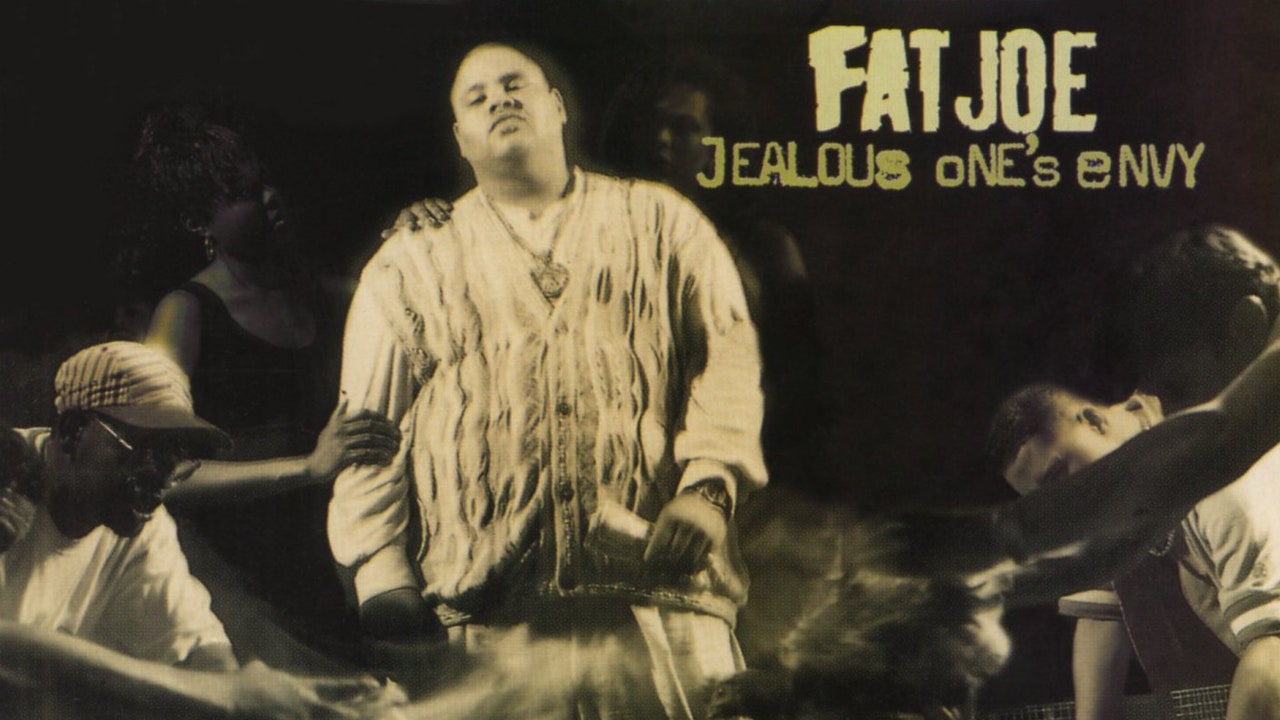Let’s play a game called: Is this Fat Joe story true, unverified, or complete bullshit?
One day, when Tupac was locked up at the Clinton Correctional Facility in upstate New York, Joe went on the radio and made a crack about the incarcerated rap star. Apparently, the Puerto Ricans affiliated with Joe in the same jail mistook that for beef and began to harass Pac to defend Joe’s honor. So Pac, from behind bars, made a pleading call to Joe as a way to get the heat off him. 1
Another time, in L.A., Fat Joe was hanging with the Westside Connection’s Mack 10 for a Sprite commercial shoot. Common, who had previously been involved in a historically acidic beef with Ice Cube and the Westside Connection until Louis Farrakhan eased the tensions, was there and got into an altercation with the crew. Supposedly, things were on the brink of violently escalating until Fat Joe, a.k.a. Joey Crack, stepped in and saved Common’s life. 2
Speed round time. Fat Joe not only booked Biggie for his first show ever—at The Fever in the Bronx—but also recorded an unreleased joint album with Big before his death full of no-holds-barred Tupac diss records. 3
When NBA wing Stephen Jackson was a rookie, Fat Joe secretly had two Puerto Rican heavies follow him around New York to ensure his safety. 4
Over the years Fat Joe paid out hundreds of thousands of dollars in physical assault lawsuits for decades of thrashing rappers and civilians; some rumored to be blown out of proportion (Papoose), some urban legend (Masta Ace), some corroborated (Cuban Link). 5
On the day of the NYC blackout of 2003, Joe and Jay-Z were supposed to settle their heated beef as opposing coaches at a Rucker Park streetball game, with members of the hoops elite like LeBron James, Allen Iverson, and Yao Ming on each side. 6
50 Cent was so pissed off by Joe’s guest feature on Ja Rule’s “New York” that an antics-riddled feud full of YouTube skit work not seen since the heyday of In Living Color to foul-mouthed rants on the stage of the VMAs, ignited. 7
The myths, the legends, the unbelievable made sort of believable: this is Fat Joe, though not the Fat Joe I grew up with as a kid in ’00s New York. In my eyes, he was a bald-headed cartoonish rap villain, always sporting flashy leathers, Yankee fitteds, and a massive chain to represent Terror Squad, his mostly Bronx-based clique. He was the Puerto Rican flag-waving radio giant with inescapable player rap-R&B hybrid joints with Jennifer Lopez, Thalia, and most famously, Ashanti. He was the dude who made silly appearances in Scary Movie 3 and Happy Feet, as an animated penguin named Seymour. He was one of the big bads of the video game Dej Jam: Fight for New York. He churned out smash hits that blasted out of the loudspeakers at Knicks games, like “New York,” “We Takin’ Over,” and “Lean Back,” a bare-knuckled scrum with Remy Ma softened by a shoulder-swaying dance that crossed over so hard that even my rap-hating grandmother hit that shit proudly.
